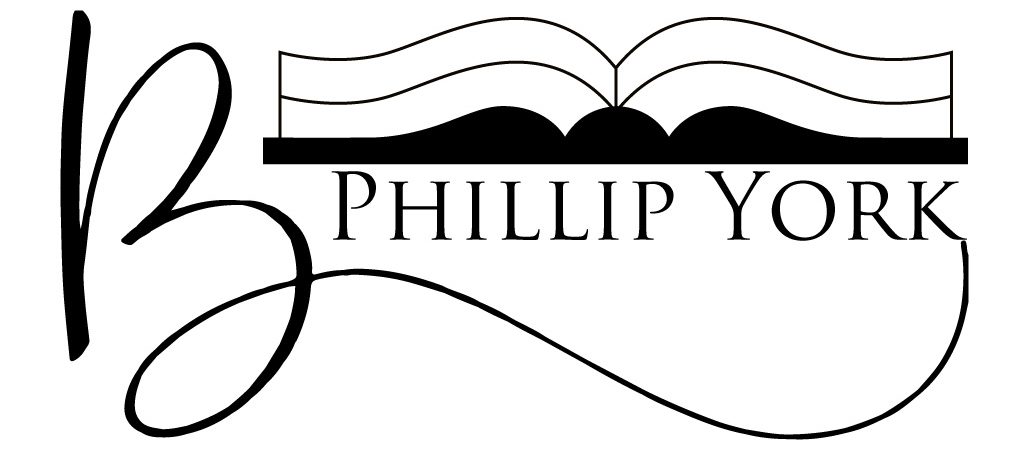I think that in the genre of Fantasy, sub-genre Epic in particular, there has been something of a revolution in the last couple of decades, a growing focus on what is referred to as worldbuilding. Worldbuilding is not new. Ancient myths, and legends, and epic poems, built worlds. They defined boundaries and told human beings the limits of their world through imagining and building out those limits. The Iliad, and The Odyssey, the Ramayana, Beowulf, Journey to the West, all contain heroes interacting with Gods and monsters, typically in search of something either tangible or intangible, though generally along the way the protagonist will acquire wisdom, and ultimately return to “normal society” in an archetypal fashion that will be familiar to any student of Joseph Campbell. All these works feature extensive worldbuilding, descriptions of strange cultures and peoples, and in a sense define and redefine “normal” by defining the other.
But of late there has been an extensive focus on a kind of encyclopedic worldbuilding, amassing of nearly trivial facts and figures in order to build a world. Often this emphasis on worldbuilding seems to come at the expense of pacing, and larger issues such as plot or themes. And it is often presented in a way that interrupts the story, coming in bursts or “infodumps”, through convoluted plotting or school settings which enable the point of view character to sit in and absorb fake facts so that the reader can peer into the world as if through a window. Often these lectures will feature information that would be redundant to a citizen of that galaxy, yet it is the characters blindly sit through these redundant narrations, oblivious to their own knowledge. 70’s Science fiction seemed particularly enamored of the protagonist (nearly always white, male) taken to space to experience a strange world, and as a fish out of water is completely explicable they would notice every strange custom or device and need constant explanations. ‘80s and ‘90s fantasy was enamored of the modern character transported to the fantasy world (nearly always turning out to be a wizard or chosen hero) and similarly needing endless explanation and an excuse to note strange dishes or odors.
It’s not for me to blame this on any particular author, but a lot of writers seem to be inspired by J.R.R. Tolkien. Tolkien was definitely a worldbuilder of some note. In fact he was rather more of a worldbuilder than a writer, spending years developing languages, backstories, histories, and mythology. Tolkien was a legitimate philologist. The Hobbit, the Lord of the Rings, The Similarrion are wonderful things. But not every fantasy writer needs to mimic Tolkien, nor are they equipped to. Tolkien was, in essence, attempting a modern recreation of epic myths such as Beowulf, and had the skills to do so. Truth be told Tolkien was more of a worldbuilder than a writer. If you seek to follow in his footsteps you might consider he spent decades writing and produced only 4 complete works. There’s certainly nothing explicitly bad about such output, but it will probably necessitate a second job.
Tolkien, I dare say, would not have approved of these exhaustive lists, solely presented to support fictional work. He invented a language, and a world for it to live in because he loved doing so, he wrote about it, for his children, and through an accident it came to the attention of a publishing firm.
It’s perfectly alright to create an incredibly deep, Tolkien-esque world of fairy tales and myths with heroes and great villains. It’s also perfectly alright to create a realistic, gritty, and well-detailed “lived-in” world. But these things aren’t necessary ingredients of good speculative fiction writing. Like a lot of writing tools, they are one tool in your writing toolbox, and in this case one particular use of a toolbox.
Worldbuilding has metastasized into a science, and the more details, the more explanation about the world that is offered the better. This is false.
Worldbuilding has metastasized into a science, and the more details, the more explanation about the world that is offered the better. This is false. Fantasy and Science Fiction should be equally employed to consider the possibility of the inexplicable, the strange and the unknown.

